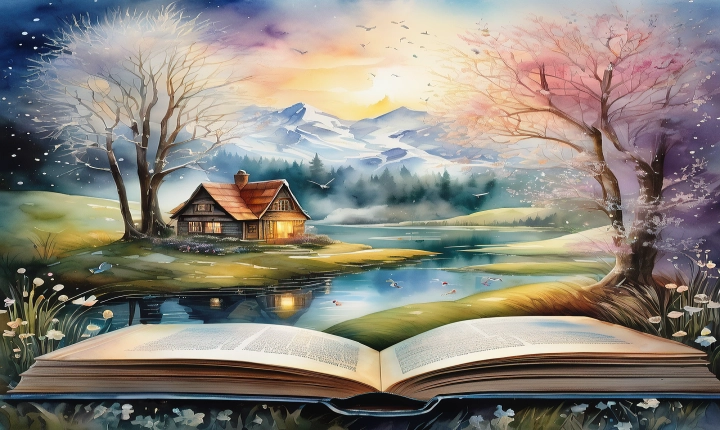Is AI-Generated Music Royalty Free?
The notion of Artificial Intelligence (AI) creating music has been met with both excitement and skepticism in the music industry. With the advancements in AI technology, the ability of machines to compose original music has become a reality. This begs the question: is AI-generated music royalty-free?
AI-generated music is indeed a complex subject when it comes to copyright and royalty issues. While the AI may compose the music, the underlying question is whether the original data and programming came from human creators, and if so, do they still hold the rights to the AI-generated music?
One argument in favor of AI-generated music being considered royalty-free is that, according to traditional copyright laws, a work created by a machine, with no direct human involvement, would not be subject to copyright protection. This is similar to how a machine-generated painting, for example, would not be attributed to any specific artist. Therefore, it could be argued that AI-generated music could be classified as public domain or free from copyright restrictions.
However, it’s also crucial to acknowledge that most AI systems are built upon extensive data sets and algorithms developed by human creators. The input data, training, and programming of the AI model are all influenced by human intellectual labor. This raises the question of whether the original creators of the AI technology should be entitled to royalties for the music generated by their systems.
Furthermore, in the case of using AI-generated music for commercial purposes, such as in films or advertisements, the issue becomes more complex. Many companies may have concerns about potential legal disputes arising from the use of AI-generated music without proper clearance or compensation for the original creators.
In recent years, organizations and legal experts have proposed potential solutions to address the complexities surrounding AI-generated music and its copyright status. One approach is to establish a system where AI-generated music is recognized as a separate category with its own set of rules and regulations for copyright and royalties. This would involve creating new laws and guidelines specifically tailored to the unique nature of AI-created content.
Another proposed solution is to establish clear licensing agreements and royalty structures for AI-generated music, ensuring that the original creators of the AI technology receive fair compensation for the use of their programming and data sets. This would provide a framework for artists and businesses to use AI-generated music legally and ethically, without fear of potential copyright infringement.
As the debate continues, it’s evident that the legal and ethical implications of AI-generated music are complex and evolving. The intersection of technology and creativity poses thought-provoking questions regarding intellectual property, ownership, and fair compensation for creators. Finding a balance between incentivizing innovation and protecting the rights of original creators will be essential as AI technology continues to shape the future of music creation.
In conclusion, the question of whether AI-generated music is royalty-free is far from straightforward. While traditional copyright laws may not directly apply to music created by AI, the involvement of human creators in developing the underlying technology raises important considerations. As the music industry grapples with these challenges, it’s clear that a collaborative effort among artists, legal experts, and technology innovators will be needed to navigate the complexities of AI-generated music and ensure a fair and equitable system for all stakeholders involved.
